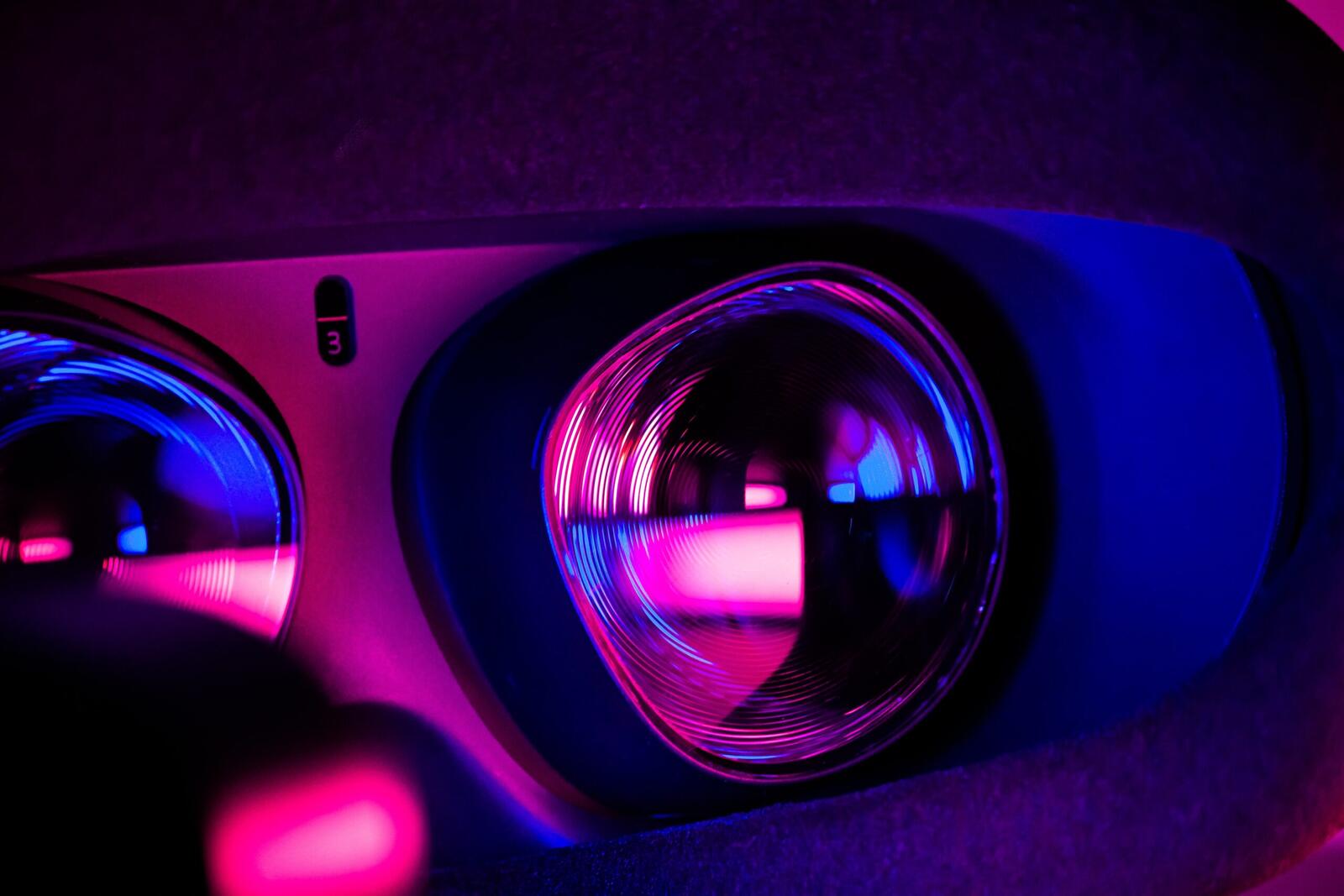A new virtual reality headset is about to join the equipment on the International Space Station (ISS). This device will allow astronauts to step into a virtual world, offering them a way to deal with the loneliness and pressure they face while far from Earth. The HTC Vive Focus 3 headset will travel to the ISS aboard a SpaceX cargo ship, ready for launch on November 9. This initiative was announced by XRHealth on November 2.
Andreas Mogensen of the European Space Agency will be the first astronaut to test the headset during his six-month mission. This move is a part of ongoing efforts to maintain astronauts’ mental health during long missions. “Astronauts are essentially isolated during their missions for months and years at a time,” said Per Lundahl Thomsen from Nord-Space Aps. He stresses the importance of addressing their mental health needs to maintain a healthy lifestyle upon their return.
VR Headset Designed for Space
Past VR experiences in space have led to motion sickness due to issues with tracking and orientation in microgravity. However, this new HTC Vive includes adjustments for these challenges. “Our team tackled unique challenges to configure the headset for use in microgravity conditions,” shared Cher Wang, HTC’s chairwoman and co-founder. These adaptations ensure that astronauts can gain mental health benefits similar to those experienced on Earth.
The headset’s simulator mode is developed to work with the space station’s environment. Astronauts will use an app from ESA called EveryWear, previously used for monitoring food intake, now adapted for VR video viewing and mental health questionnaires.
Mental Health in Space
Living in isolated, confined environments, astronauts face stress, isolation, and feelings of confinement. The VR headset is a tool among many that space agencies employ to help crews prepare mentally for space missions. Astronauts already undergo training in similar environments on Earth and have regular psychological support while in orbit.
More from News
- Driverless Vehicles: Why Is Tesla Under Investigation?
- Professional AI Use: Is There A Double Standard In Who Uses It?
- Experts Share: How Can The UK Maintain Its Position As A Top Tech Hub Globally?
- Amazon’s Same-Day And Next-Day Delivery Now In 4000 More Areas
- Valutico Acquires AI Innovator Paraloq Analytics to Revolutionise Private Company Analysis
- How Do UK Consumers Spend Their Disposable Income?
- Spain Tops The List As Most Productive European Country
- Industry Leaders Share Their Thoughts On The Recent Interest Rate Hold
The headset will not only help with mental health but has been used for other tasks like controlling robots and helping with maintenance. This new initiative aims to bring preventive mental health care into the mix, marking a first in space mental health therapy.
VR’s Broader Reach
This space-bound VR therapy is part of a larger trend. Virtual and augmented reality technologies are gaining ground as solutions for psychological and emotional issues on Earth. “VR therapy will be a crucial component to mental health, wherever a person is located,” stated Eran Orr, CEO of XRHealth. Indeed, VR has been used to treat conditions such as PTSD and anxiety, showing promise in various medical applications.
XRHealth recently received a U.S. patent for technology that adjusts training and treatment based on biometric and motion data. The company has also distributed VR headsets in hospitals and mental health centers in Israel, assisting patients with stress and anxiety.
The Next Step for Astronauts
As the VR headset prepares to make its journey to the ISS, there is a sense of anticipation. The benefits it has shown on Earth may soon play a crucial role in how astronauts maintain their mental health in space. Andreas Mogensen’s testing of the headset will open the door for other astronauts to access VR as a regular part of their mental health toolkit.
This mission marks a fresh phase in how technology supports space travel, aiming to look after the well-being of astronauts who spend long periods in orbit. It shows that people now understand that looking after an astronaut’s mind is just as important as caring for their body, especially when they’re working in space’s tough setting.



